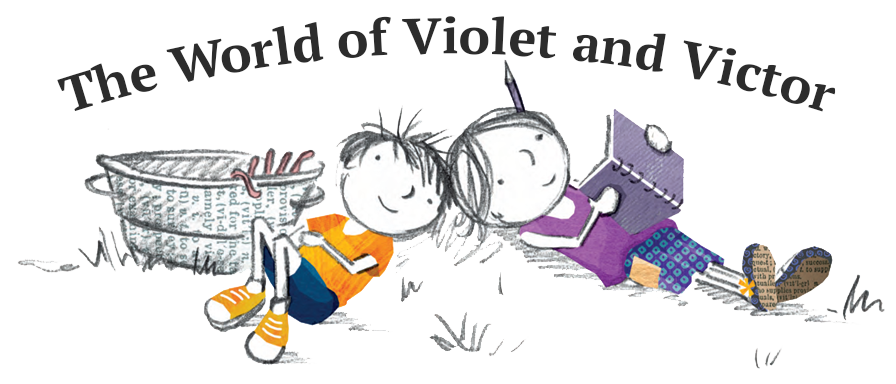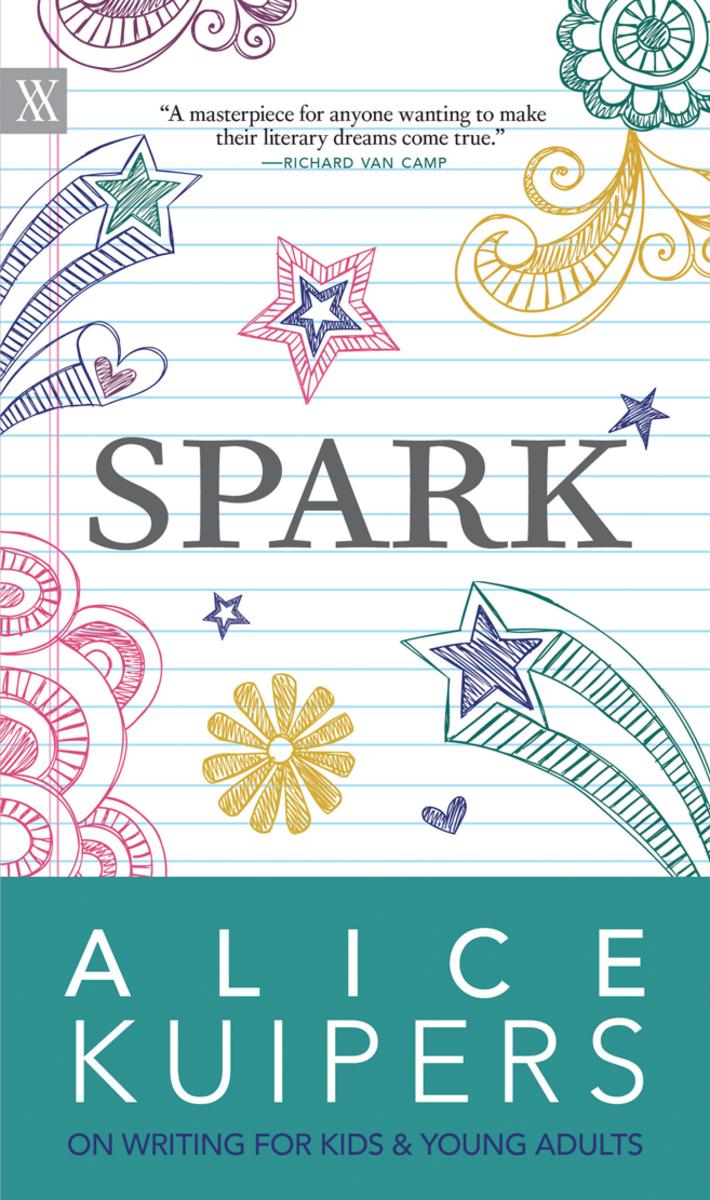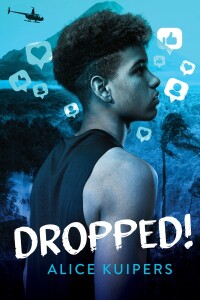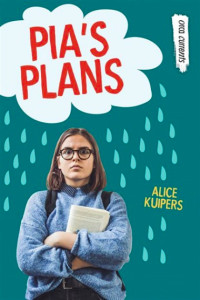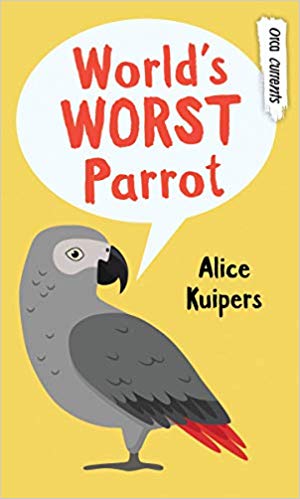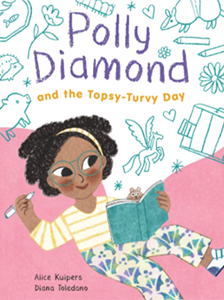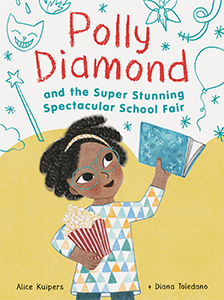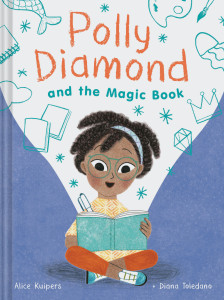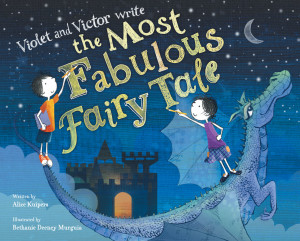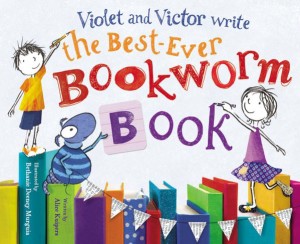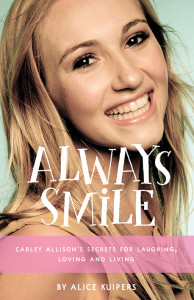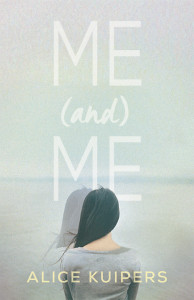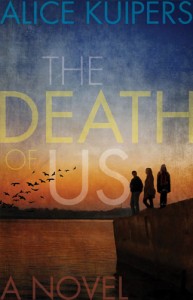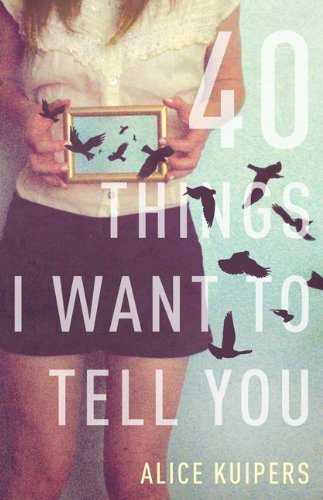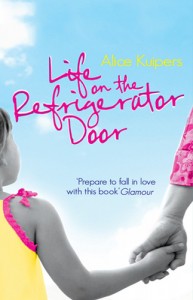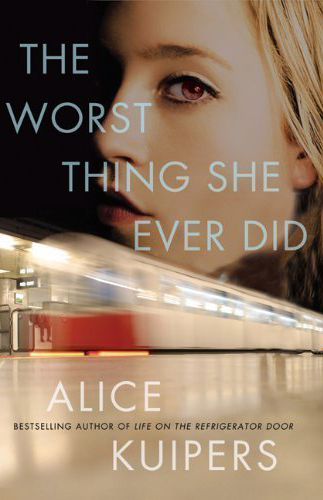Workshop Three
In this third workshop, we’re going to think about ways to fuel our imagination as writers. The very prospect of a blank page is terrifying to some writers, holding them back and stopping them from writing anything.
Most people call this WRITER’S BLOCK.
But I’m going to call it something else, something I think will make it a little easier to overcome.
WRITER’S PAUSE.
See, I’ll let you into a little secret. I don’t believe in writer’s block. And I’ve been writing for fifteen years now. What I do believe in instead is the cold unpleasant feeling of having nothing to say. I believe in the anxiety a sheet of white paper can provoke. I believe this is caused because sometimes writers forget that –
THE FIRST DRAFT IS NOT THE LAST.
If you put pressure on yourself to write something perfect, something flawless, something brilliant, you are, of course, setting yourself up to get it wrong. But you can’t get writing wrong, there’s no such thing. You can make mistakes when you write, sure, but you can’t get it so wrong that you can’t fix it later.
If you think that writers only write one draft then you are confusing writing, or any other creative act, with something far more banal. See, the art of writing comes from re-writing and redrafting your stories – and I’ll say lots more about this when we get to a later workshop here on Wattpad: Sept 10th-Oct 8th – Take It To A New Level – Fixes For Your Fiction. For now, I want you to keep in mind that writing should not be perfect first time. What would be the point of doing it if it were that easy?
And so this is why I don’t think a blank page is something to worry you too much. If you teach yourself to forgive your mistakes, if you let yourself write as if no-one will ever read it, you’ll find that those days you have nothing to say number far fewer. Those days you have nothing to say are PAUSES, not blocks. They are moments when you can refuel, not moments to give up.
One other thing to keep in mind, and someone else told me this, I wish I could remember who: write your first draft for yourself. Re-write later for someone else.
Confusing getting published with the fragile early words you put on the page makes even the best writers freeze up and get stuck. You know the old saying, dance as if no-one’s watching? Well, write the same way. Write as if no-one will ever read it. Trust me, you’ll feel freer and less anxious when you let go and enjoy the power of your words. (And your work will be stronger and more likely to be enjoyed by other people when you do decide to share it because you have tapped into your true creative self.)
This week’s writing prompt:
This week we’re going to do a freewriting exercise. Freewriting is a great way to loosen up the binds of ‘performance anxiety’ that a blank page can make you feel. And freewriting is an excellent way to fuel your imagination – if you think of your imagination as a hungry monster (or giraffe, or cat, or something that needs to feed!), then think of freewriting as food. When you freewrite, you let your imagination take over and you stop yourself from censoring your ideas, which is the best path to inspiration.
So, freewriting means writing WITHOUT STOPPING for a period of time. I’ll give you a prompt and then you write, even if you just write the words I don’t know what to say over and over, that’s okay!
So, write for six minutes (time yourself) using this prompt, which was suggested to me by a workshop participant when I was teaching last year:
FAMILY REUNION

